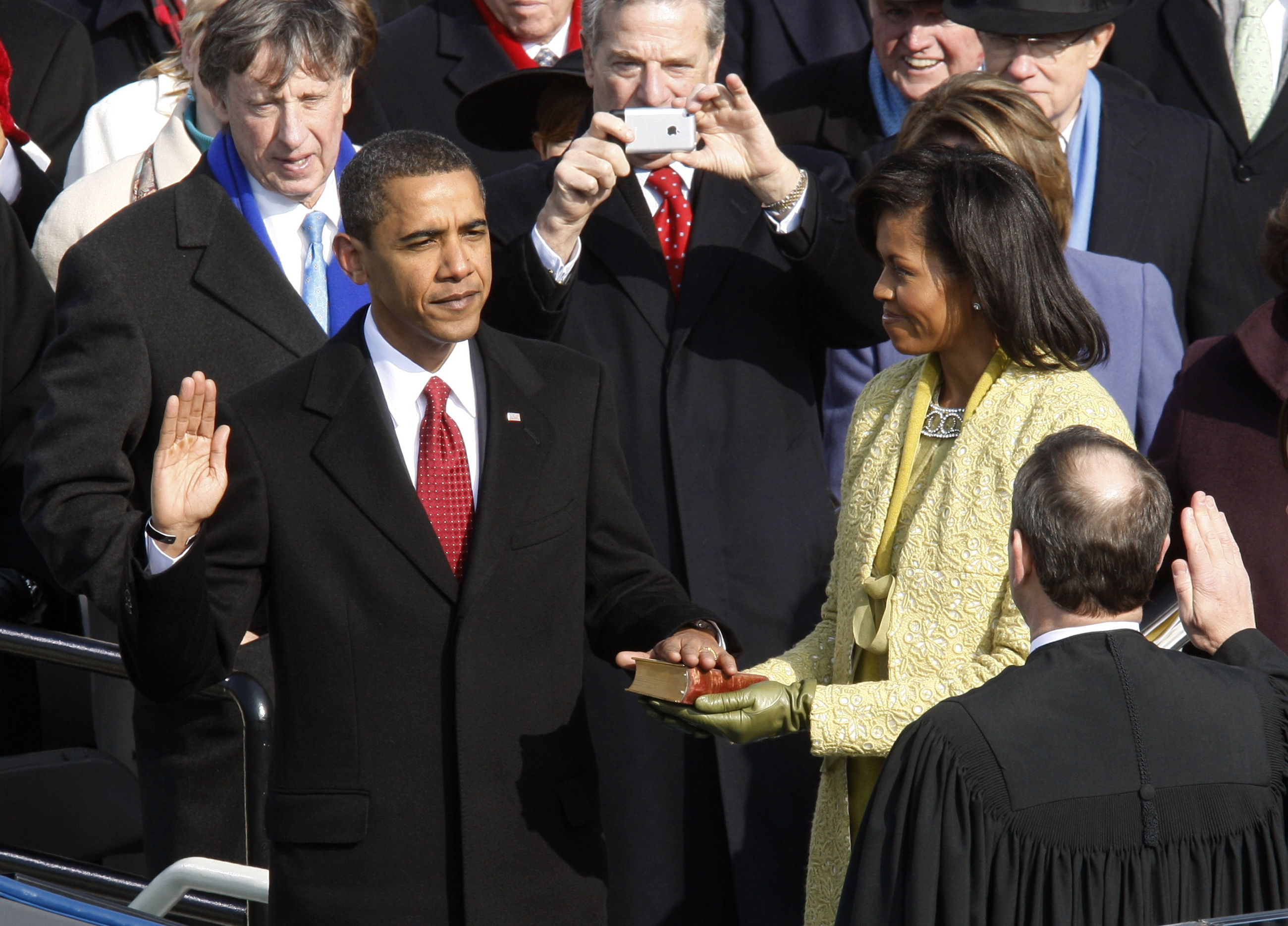HPK
Trump's Inauguration Prayer Request To Pastor: "Pray For Me On The Big Day

Trump's Inauguration Prayer Request to Pastor: "Pray for Me on the Big Day"
On the eve of his inauguration as the 45th President of the United States, Donald Trump requested that his pastor, Bishop Wayne T. Jackson, pray for him during the momentous event. This request sparked a range of reactions and raised questions about the role of religion in politics.
A Request for Spiritual Support
In a letter to Bishop Jackson, Trump expressed his desire for prayer on "the big day." He wrote, "I would be honored to have your prayers as I prepare to take the oath of office and lead our great country." This request reflected Trump's faith and his belief in the importance of seeking divine guidance during such a significant occasion.
Religious and Political Entanglement
Trump's request ignited a debate about the separation of church and state. Critics argued that the President-elect was mixing religion and politics to an inappropriate extent. They pointed to the First Amendment of the Constitution, which prohibits the establishment of a state religion and protects religious freedom. Some also expressed concerns about the potential for favoritism towards certain religious groups.
Different Perspectives
Supporters of Trump's request maintained that it was a personal matter and not a political statement. They argued that he was simply seeking spiritual comfort and support during a challenging time. Others saw the request as a positive sign of humility and a willingness to acknowledge the role of faith in public life.
Faith in Politics
Some scholars argue that the inclusion of prayer in political events is a reflection of the intertwining of religion and politics in American history. Throughout the country's history, religious leaders have played a significant role in shaping political discourse and providing moral guidance to leaders. This tradition continues, with many American politicians expressing their religious beliefs openly.
Religious Freedom
Critics of Trump's prayer request also highlighted the importance of religious freedom. They argued that the government should not endorse or promote any particular religion, and that individuals should be free to practice their faith without coercion or interference from the state.
Ethical Considerations
Beyond the constitutional and religious implications, Trump's prayer request also raised ethical concerns. Some questioned whether it was appropriate for a President to publicly seek prayer from a specific religious leader. They argued that this could create the perception of a special relationship or favoritism, which could damage public trust and undermine the principle of equality among all religious groups.
Conclusion
The complexities surrounding Trump's inauguration prayer request highlighted the ongoing tensions between religion and politics in American society. While some saw it as a personal act of faith, others raised concerns about potential violations of church-state separation and the ethical implications of endorsing specific religious beliefs.
Ultimately, the question of whether Trump's prayer request was appropriate or not is a matter of personal opinion. However, the debate that ensued underscores the importance of public dialogue and critical thinking when considering the role of religion in public life.
